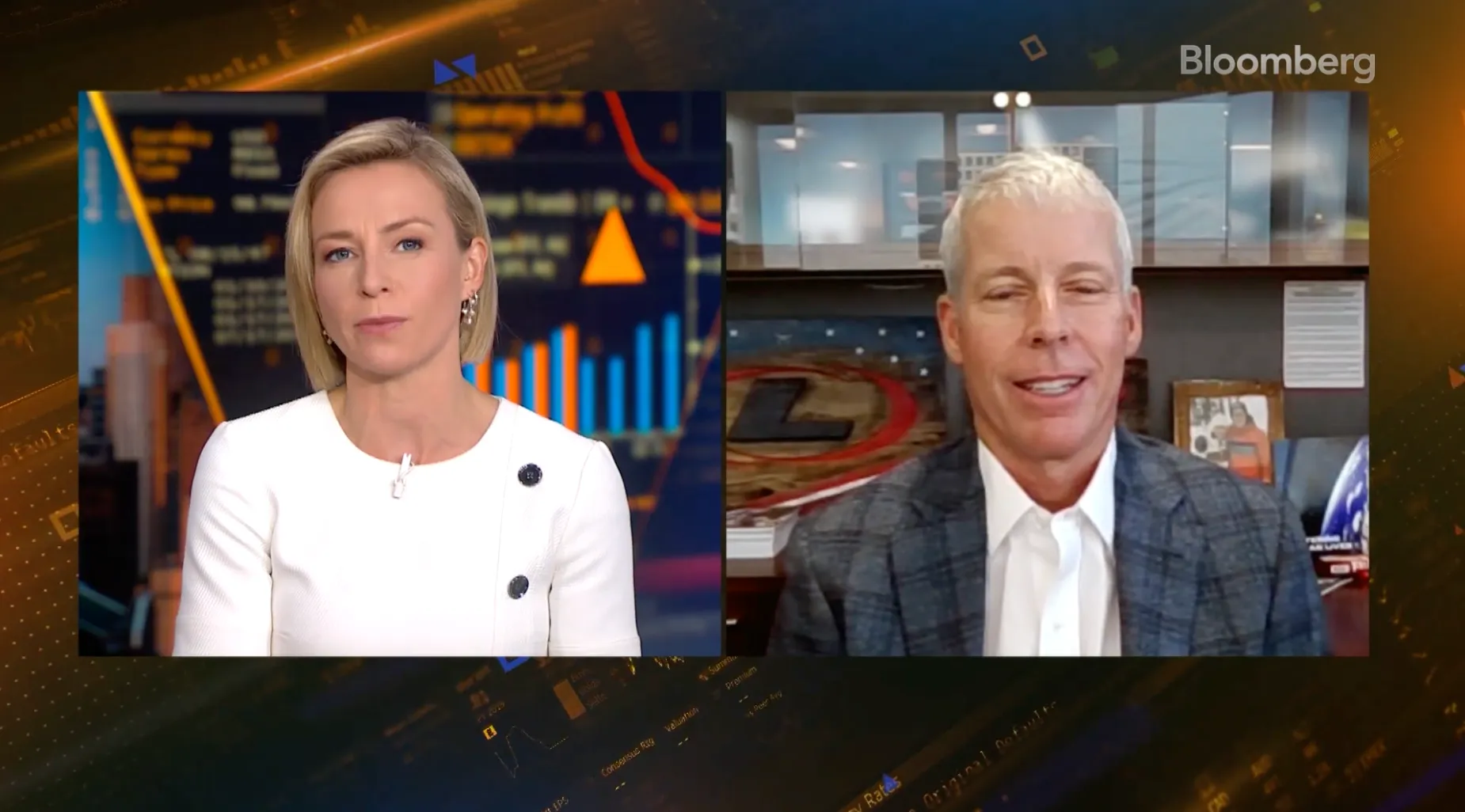January 8, 2024
Chris Wright, CEO of a major U.S. fracking firm, stated on "Bloomberg Markets" that subsidies for renewable energy might increase electricity costs and affect grid stability.

(Source: CNBC)
Chris Wright, the CEO of the United States' second-largest fracking services company, expressed his views that the country is not currently experiencing an energy transition. He argued that subsidies for wind and solar energy would lead to higher electricity prices and contribute to greater grid instability. His comments were made during an appearance on "Bloomberg Markets."
As of 2024, Liberty Energy Inc (LB, a prominent U.S. oilfield services company, has projected that industry pricing is likely to remain stable, despite a decrease in oil well drilling and completions activities anticipated in the latter half of the year. This outlook comes amid a broader slowdown in the energy sector.
Liberty Energy's CEO, Chris Wright, attributes the sustained service prices to a strategic reduction in active hydraulic fracturing fleets by approximately 30, a response to the diminished demand over the year. Hydraulic fracturing fleets comprise essential components like equipment, labor, vehicles, and materials necessary for the fracking process.
Despite the industry's challenges, Wright, in an earnings conference call, expressed, "We do not expect meaningful changes in service prices." He also noted that Liberty might scale down its active fleets by one to three in the second half of 2023, aligning with the lower activity levels.
This trend reflects a broader pattern among U.S. shale producers, who have been scaling back on drilling and completing oil wells due to a dip in energy prices, impacting the demand for equipment and services provided by companies like Liberty Energy and its competitors.
The sector's challenges are echoed by other major players. Halliburton Co (HAL.N) and Baker Hughes Co (BKR.O) have also reported a weakening in U.S. shale activity for the second half of the year, despite posting profits that surpassed analysts' expectations for the June quarter.
The market response to these developments has been notable. Liberty shares saw a decrease of nearly 3% to $15.48 in mid-day trading following the earnings report that fell short of analysts' forecasts. Similarly, shares of fracking rivals NexTier Oilfield Solutions (NEX.N) and ProPetro Holdings (PUMP.N) experienced declines.
This scenario highlights the delicate balance in the oilfield services sector, where pricing stability is being maintained amidst a broader slowdown in drilling activities, suggesting a cautious approach to managing resources and expectations in a fluctuating market.